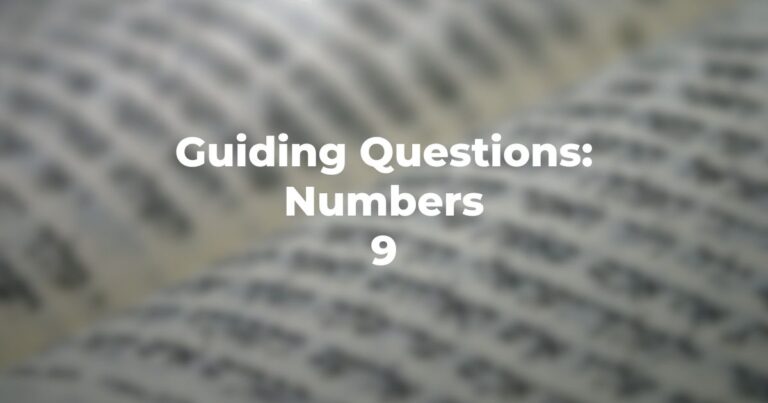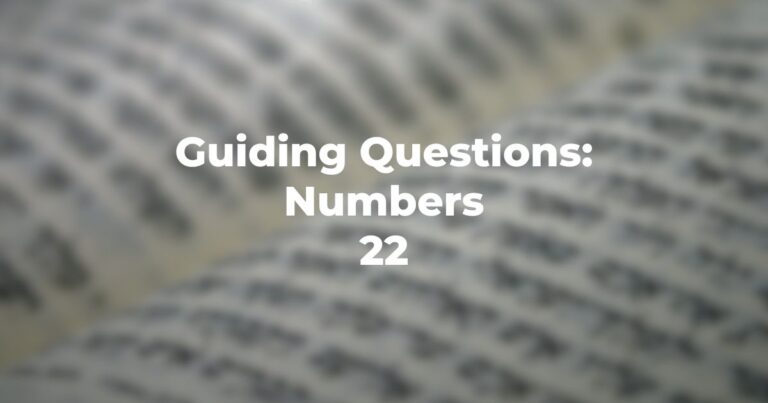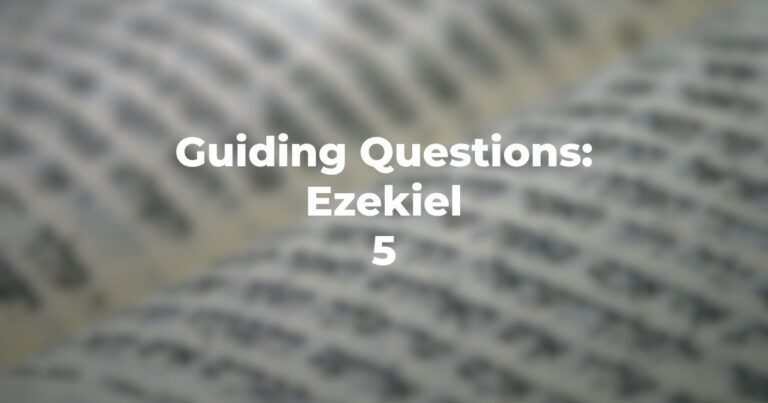- The Psalmist begins with praise for Divinity and singles out a particular category (Psalms 106:3) which is?
- Beginning with Psalms 106:4 there is a transition to another mood. The generality is that Israel “has always sinned” — is that the assertion?
- In Psalms 106:8-12 it would appear that the transgression had come to an end, but what is the “message” of Psalms 106:13-14?
- In Psalms 106:17 the most prominent member of a rebellious group is omitted: Who might that be?
- Psalms 106:19 refers to the “golden calf” but this follows the rebellion of Korah: is that how it appears in the HumashA collection of the Five Books of Moses, Pentateuch, or the Hebrew equivalent. Includes the haftarot readings, and usually contains some commentary. It is often used on Shabbat mornings to help follow the Torah reading. Read more?
- Who, according to Psalms 106:23, saved the Israelites from destruction (punitive) in the wilderness?
- In Psalms 106:24-33 what sequence of events (all critical of the wilderness generation) is set forth?
- And, upon arrival in Canaan, according to Psalms 106:34-39, what was the pattern of the “settlers”?
- But, transgression and punitive action aside, what does the Psalmist conclude as to the final “posture” of the Divine (Psalms 106:44-46)?
- Based on that conclusion, what does the Psalmist now request (Psalms 106:47) and would this request appear to be made by one who was in exile or one who was in Eretz Yisrael?
Author
-

Exploring Judaism is the digital home for Conservative/Masorti Judaism, embracing the beauty and complexity of Judaism, and our personal search for meaning, learning, and connecting. Our goal is to create content based on three core framing: Meaning-Making (Why?), Practical Living (How?), and Explainers (What?).
View all posts




